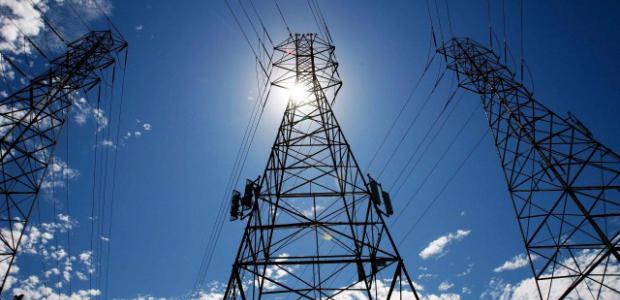Officials at private-sector thermoelectric power stations have expressed deep concern over the views expressed by main power utility PPC’s CEO Manolis Panagiotakis at a top-level meeting in Brussels yesterday.
Panagiotakis told participants the Greek market was equipped with an overabundance of capacity availability, resulting from a recession-related drop in demand, as well as the considerable penetration of renewable energy source (RES) sector, while also noting that a new CAT system was not necessary for now, not even for reasons concerning flexibility, which, if offered, would reward independent producers.
The private-sector electricity production unit officials are concerned as the PPC’s views directly influence the decisions of Production Reconstruction, Environment and Energy Minister Panagiotis Lafazanis, who has avoided sending the European Commission a plan for new CATs. The previous model’s validity expired on December 31.
In their response, the private-sector electricity production officials reminded of the findings produced by a related study conducted recently by IPTO, the power grid operator, on behalf of RAE, the Regulatory Authority for Energy.
The study noted that the need for electricty imports would begin emerging following 2016, while the level would rise considerably until 2020. It also warned that the drop in electricity consumption over the past few years, as a consequence of the recession, has falsely created the impression that an adequacy problem does not exist. This is expected to change in the years to come, as the recession ends and the country returns to economic growth, the study noted. The adequacy problem will intensify as old-technology power stations are withdrawn, while consumption stands to increase once the Cyclades and Crete are interconnected to the grid through submarine interconnection projects, it added.
“Independent power stations are incurring losses worth millions of euros. If a solution is not found, then the entrepreneurs behind the projects will be forced to shut them down to stop the economic bleeding. This will lead to third-world conditions with major electricity adequacy problems during days and times of high demand. And there are plenty such days in a year – as illustrated by the IPTO data – which are currrently being covered by independent facilities operating at a loss,” independent producers noted in a statement.
Independent power station investments made are estimated at three billion euros for facilities with a total installed capacity of about 4 GW.
The private-sector electricity production officials believe conditions will worsen as, until 2020, RES penetration will increase as a result of EU requirements, lignite-based electricity production will be reduced as a result of the withdrawal of old facilities from the system, and power demand will increase as the economy recovers and the islands are interconnected to the grid. Also, the inconsistency of RES production levels will increase the need for units offering flexibility to the grid by covering high-demand periods, the private-sector thermoelectric station officials have noted.
Commenting on how free the market is, the officials noted that PPC’s reduced market share is purely the result of the drastic increase of electricity imports.





